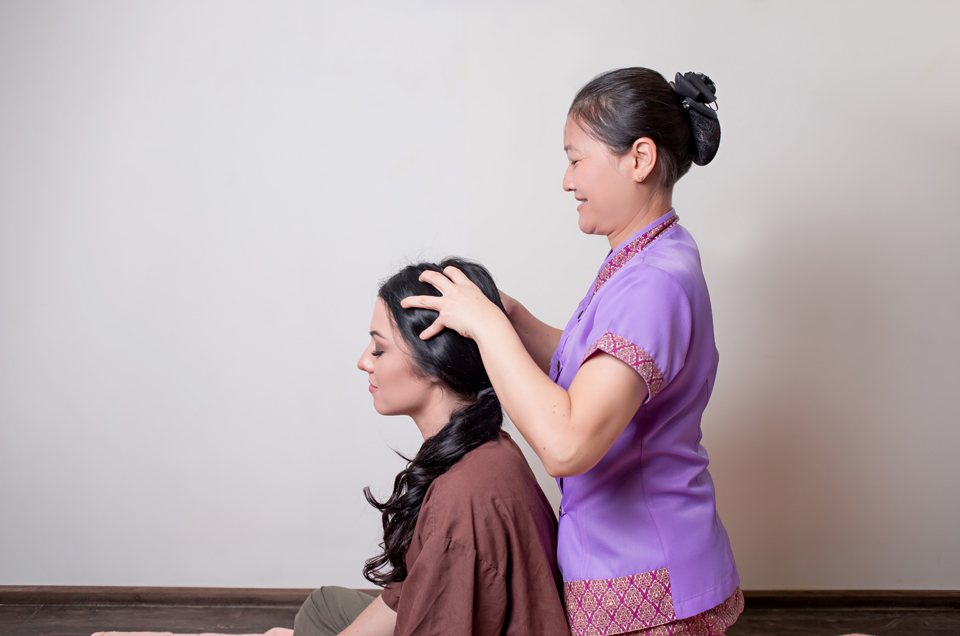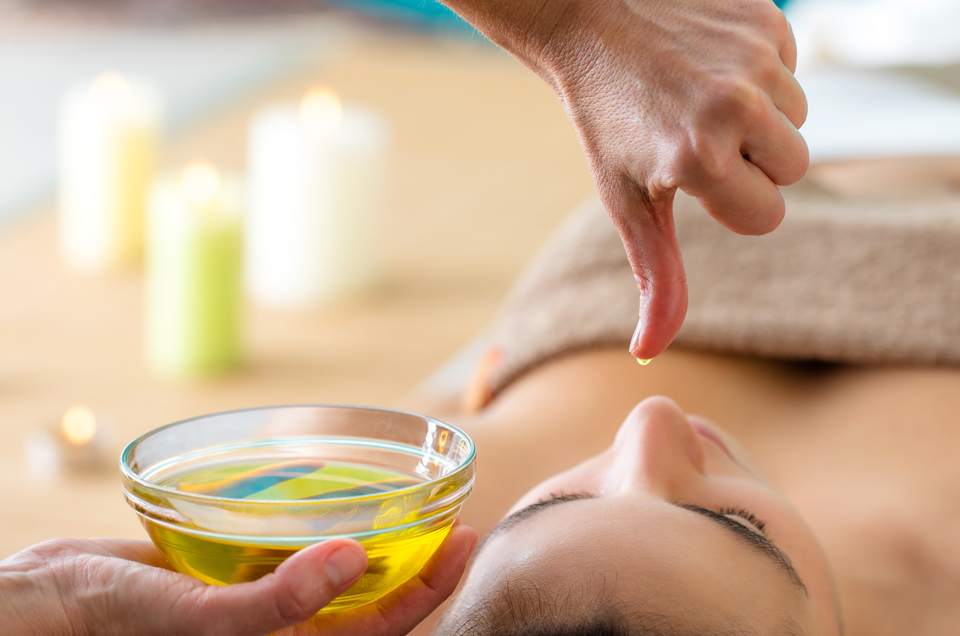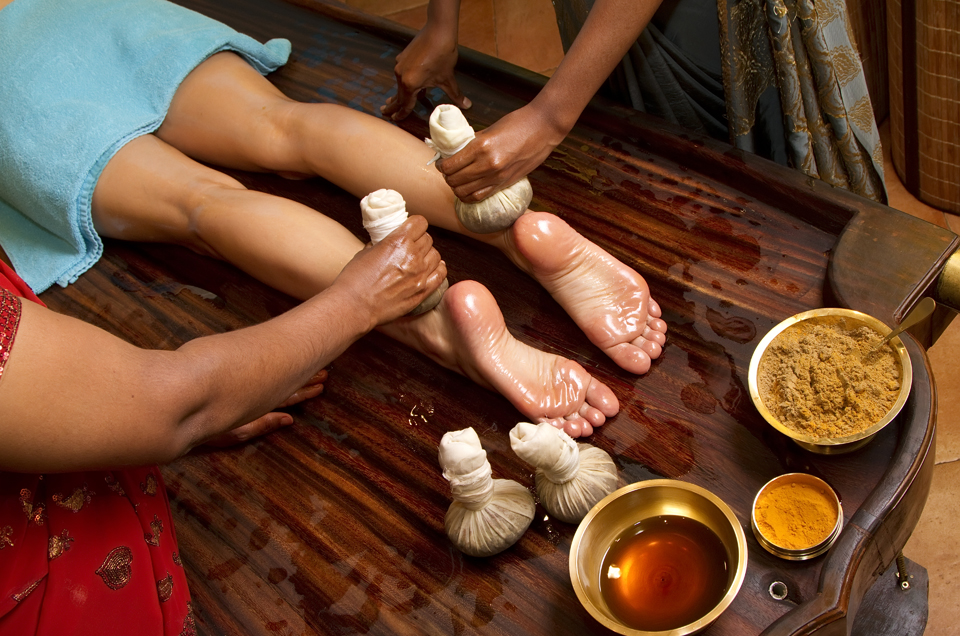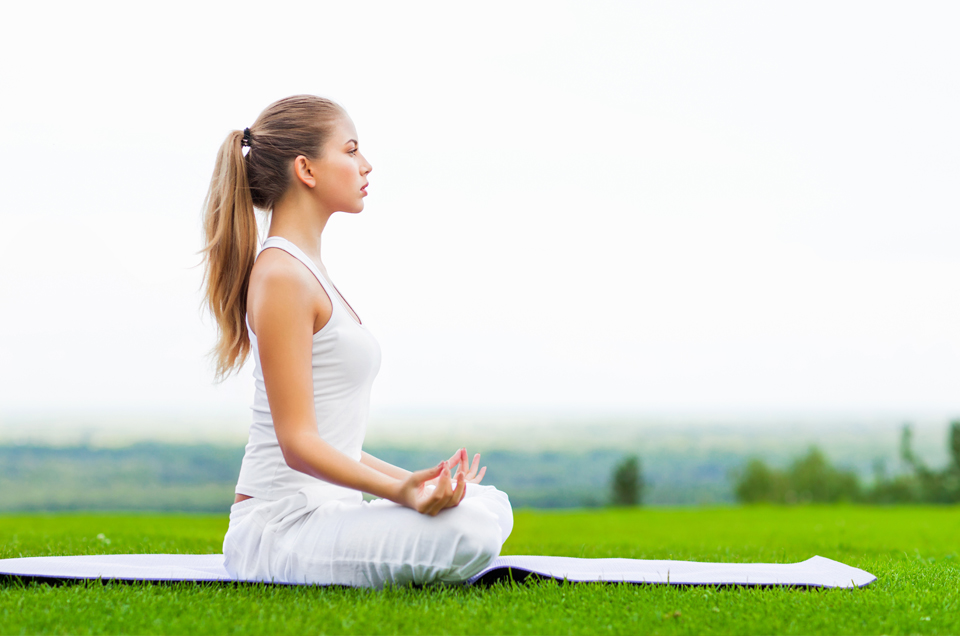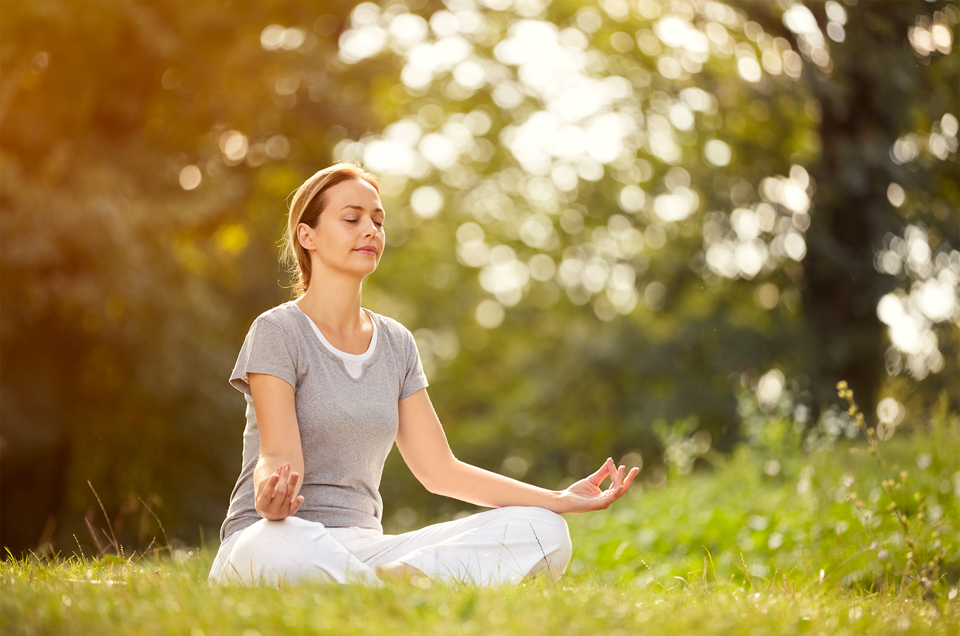Impact of COVID-19 on mental health
While most of us are still trying to adapt ourselves to the new realities of working from home, temporary unemployment, home schooling of children, and lack of physical contact with other family members, friends and colleagues, it can be particularly stressful for people with mental health conditions. Therefore, it is important to pay close attention to them and if you notice any sudden change in their behaviour, it is advisable to contact a doctor on an immediate basis.
Depression is no more a taboo. Let’s talk about it.
In addition to lack of awareness, people hesitate to seek medical help or even talk about it with their friends or family thinking “Log kya kahenge?” most people with mental health conditions who suffer in silence think that asking for help will tag them as “crazy” or “weak”. This is far from the truth. Depression, anxiety, and other mental health conditions are more common than we think. Moreover, it is a sign of strength to seek help for what we are not able to overcome.
Let us understand the difference between Sadness and Depression
Sadness is a normal human emotion that all of us feel in reaction to certain stressful situations like failing an exam, not getting a job, financial trouble, or a break-up. Gradually, we overcome that saddening emotion in different ways like crying, venting, or talking out frustrations. But, for people with depression, this is not the case.
Depression is an emotional or psychological state characterised by feelings of extreme sadness, melancholy, anger, sense of loss, trouble concentrating and making decisions and self-destructive negative thoughts. Depression can be broadly classified as minor, such as post-partum or premenstrual, or major when the symptoms are present every day continuously for more than 2 weeks. Ayurveda explains depression as a lowered state of Sattva in the mind. This can happen as a psychological reaction to various stressors of life.
Ayurveda and Mental Health
According to Ayurveda, there are three operational qualities of the mind, the three gunas – Sattva, Rajas, and Tamas. These qualities are inherent in all aspects of our lives. They cannot be perceived with our senses, but they can be deduced with our actions. These include the diet we choose, our levels of concentration, memory function, hygiene, creativity, spiritual disposition, discipline, honesty, and speech.
At the mental level, the dominance of sattva represents a healthy mind whereas the dominance of rajas and tamas denotes an unhealthy mind. Excess of sattva guna leads to mental harmony, which initiates knowledge about what is good and bad for the body and mind in terms of food, lifestyle, and other activities. Excess of rajas and tamas, on the other hand, increase agitation and confusion. This leads to depression, anxiety, and other mental problems. Most of us are a mixture of these three gunas and the combination fluctuates at different stages of our life. Therefore, it is to our advantage to decrease rajas and tamas and increase sattva to keep our mind and body healthy.
According to the Ayurvedic context, the definition of our life is broader than simply a chronological lifespan. It does not mean the age of a person; the number of years lived on Earth measured from birth until the present day. Ayus is much more than that (Ayurveda is derived from two words, ayus and veda). It is a combination of body, senses, mind, and soul. Together, these factors are responsible for sustaining the life air or force (prana) in the body, and each must be present in order to produce ayus. Every living entity has a soul and without the soul, there can be no life. Therefore, committing suicide will only take the physical body, the soul will remain alive and it continues to bear the pain and suffering to the next life. So, we must respect life and establish a connection with nature to find harmony in oneself.
No doubt, the pressure and demands of modern life pose a challenge in incorporating the desirable sattvic qualities into our lives. But, over time, we can gradually embrace the sattvic lifestyle to live a healthy and happy life.
Ayurveda provides personalized and root-cause based treatment for mental illnesses
Unlike other treatment procedures that jump straight to symptom management, Ayurveda addresses the root cause of the mental illness. Ayurveda treatment for mental problems (sattvavajaya) works on transitioning the mind from negativity (tamasic state) to positivity (sattvic state) through herbal medicines, Panchakarma, rasayanas, counselling and meditation.
Tips on raising/ managing your Sattva quotient naturally –
- Meditate for about 20 minutes a day.
- Practice yoga, breathing exercises, cycling, or some form of physical activity for a healthy mind and body.
- Stick to your bedtime routine. Take a sound sleep.
- Consume foods like almonds, raisins, fresh butter and yogurt, honey, green vegetables and seasonal fruits. Avoid eating junk food, fried, processed or packed foods.
- Replace your coffee and tea with herbal tea as excess caffeine can cause agitation. Try mood uplifting food items like black pepper, dry ginger, turmeric, amla, cloves, and cardamom.
- Engage yourself in some relaxing/recreational activities like listening to good uplifting music, enjoying nature, gardening, creative or artistic pursuits, or reading good literature.
- Regular head massage or applying sesame oil all over the body (abhyanga) at least twice a week is an excellent method to relax the body and mind.
- Practice detachment. Most people with depression have a loss of something they were close to. Realizing that nothing in life is permanent and letting it go will play a major role in feeling better.
- Ayurvedic herbs like Brahmi, Shankhapushpi, or Ashwagandha are highly useful in managing mental conditions. They have a beneficial impact on the nervous system, helps in mental stimulation and rejuvenation.
- Ayurvedic therapies like Panchakarma, especially shirodhara is a great treatment to maintain mental health. It helps in cleaning stress from the deeper recesses of the brain.
Besides incorporating these tips in your daily routine, try nurturing a positive mental state by expressing gratitude, noticing good things, counting your blessings, practicing acts of kindness, living in the present, forgiveness, investing time and energy in friends and family, taking out some ‘me’ time for yourself daily.
Let us work together to prevent suicide
So, if you feel depressed, anxious, or suicidal? Do you have a question related to your own or someone else's mental health? We are here to help answer any questions you might have about mental health.
Our team of expert Ayurvedic doctors offers a personalized treatment approach to every patient. You can reach out to us at 0129-4040404 and book a consultation with one of our experienced health coaches.




